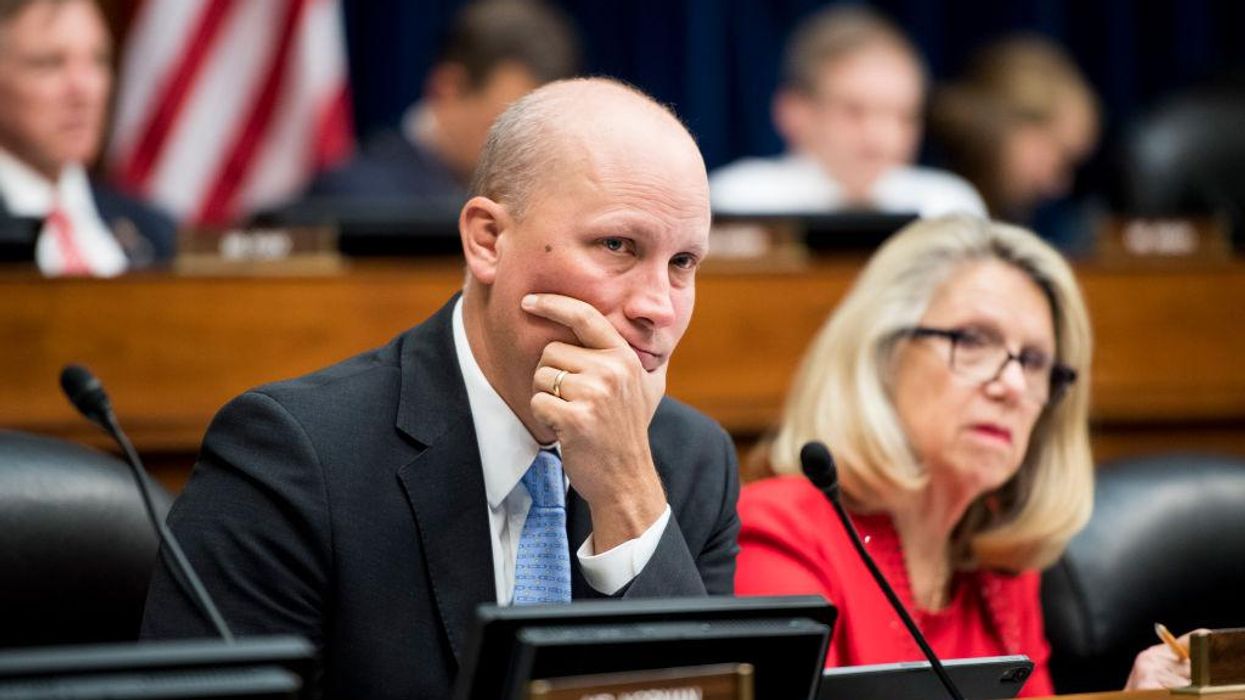
Bill Clark/CQ Roll Call

'Such allegations [of election fraud] — if true — raise significant doubts about the elections of at least some of the members of the United States House of Representatives'
Republican Rep. Chip Roy (Texas) surprised his congressional colleagues on Sunday when he challenged the seating of representatives from six states.
Roy did not choose six states at random. He objected to the seating of representatives from Arizona, Georgia, Michigan, Nevada, Pennsylvania, and Wisconsin — six states that President Donald Trump and the president's congressional supporters claim were tainted by election fraud.
Roy explained that if the legitimacy of the presidential results are questionable in those states, then so are those for down-ballot elections, including Congress.
"Such allegations [of election fraud] — if true — raise significant doubts about the elections of at least some of the members of the United States House of Representatives that, if not formally addressed, could cast a dark cloud of suspicion over the validity of this body for the duration of the 117th Congress," Roy said in a statement.
"After all, those representatives were elected through the very same systems — with the same ballot procedures, with the same signature validations, with the same broadly applied decisions of executive and judicial branch officials — as were the electors chosen for the President of the United States under the laws of those states," the Texas Republican added.
In an effort to be "consistent," Roy proposed that the House vote on the certification of members from the six states in question "to ensure the integrity of the House of Representatives is guarded from all suspicion of illegitimacy."
"Anything less would strip the current efforts of their legitimacy and make it look like a political stunt, rather than a good-faith effort to restore confidence in our electoral process," Roy explained.
Roy's objection, made just before the 117th Congress was sworn in, overwhelmingly failed; only Reps. Morgan Griffith (R-Va.) and Andy Harris (R-Md.) supported Roy.
Roy's objection came as a growing number of Republican lawmakers have said they will object to the certification of the Electoral College results when Congress meets during a joint session on Jan. 6.
Two House Republicans told CNN last Thursday that at least 140 House Republicans will object to certifying the Electoral College results.
Meanwhile, Sen. Ted Cruz (R-Texas) is leading a coalition of 11 Senate Republicans who will object to the certification unless Congress establishes a commission to conduct an "emergency audit" of the election results over allegations.
"Voter fraud has posed a persistent challenge in our elections, although its breadth and scope are disputed. By any measure, the allegations of fraud and irregularities in the 2020 election exceed any in our lifetimes," the Republicans said in a joint statement.
Their effort is separate from that being undertaken by Sen. Josh Hawley (R-Mo.), who announced last week that he would object to the Electoral College certification. Hawley, however, is objecting on grounds that Pennsylvania and other states did not follow their election laws in the 2020 election.